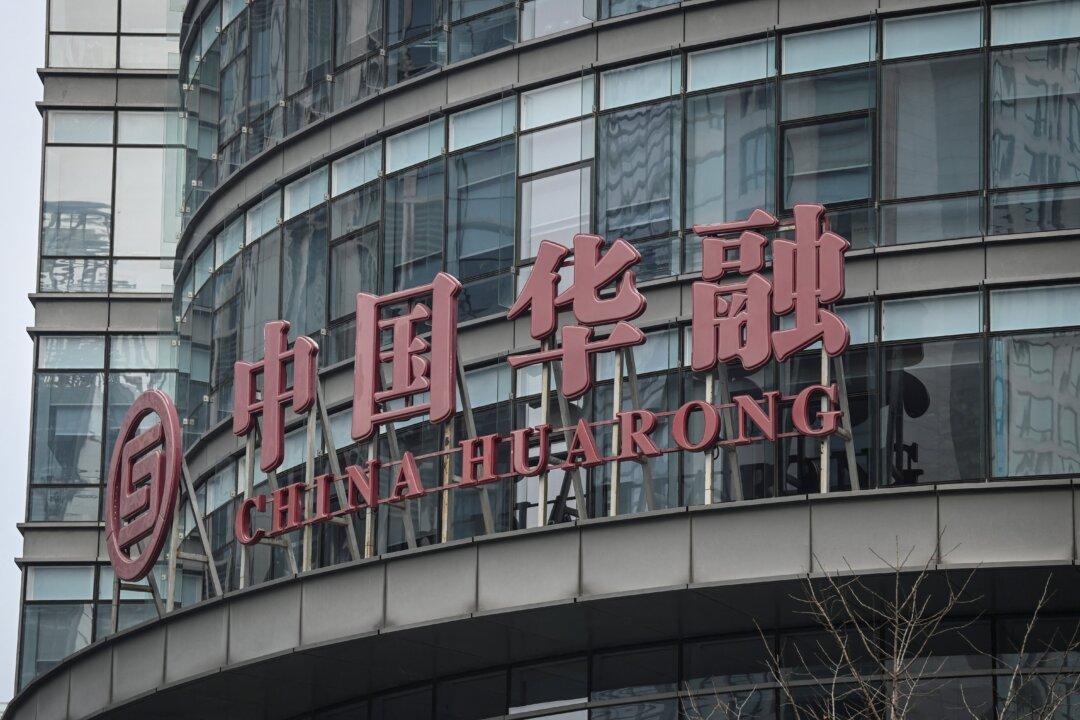On May 28, a court in China sentenced Bai Tianhui, the former general manager of Huarong International Holdings Limited, to death. Mr. Bai had close ties with Lai Xiaomin, the former chairman of the board of the company, who was sentenced to death in January 2021 and executed only 24 days after the verdict.
Huarong International is a subsidiary of China Huarong Asset Management Co., Ltd., a state-owned enterprise (SOE) in China.






